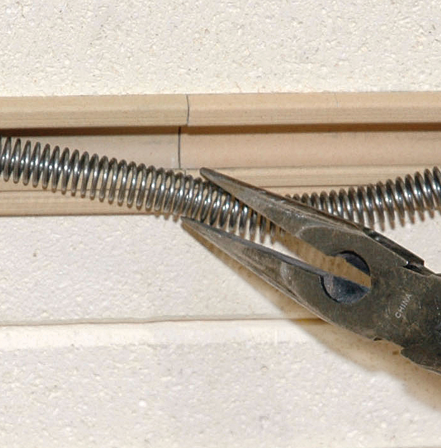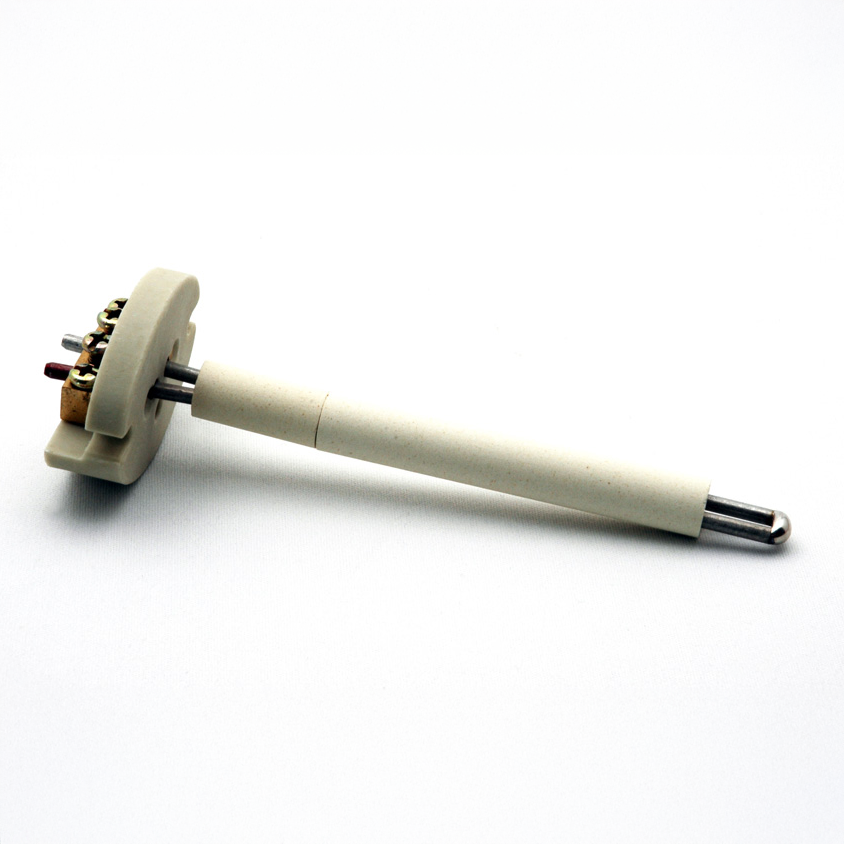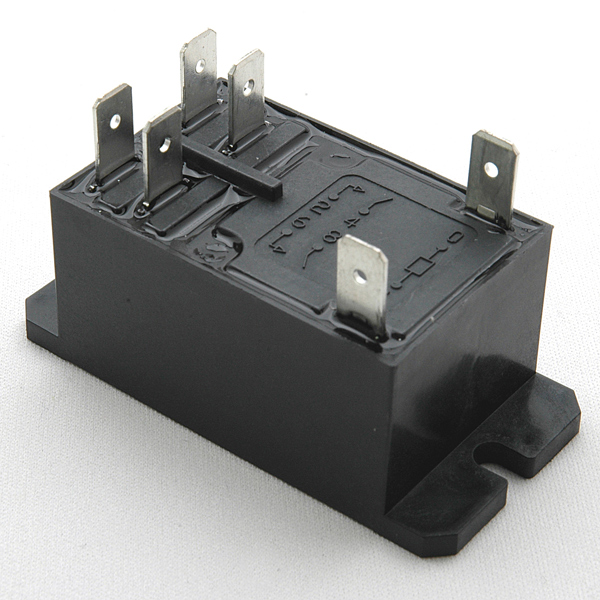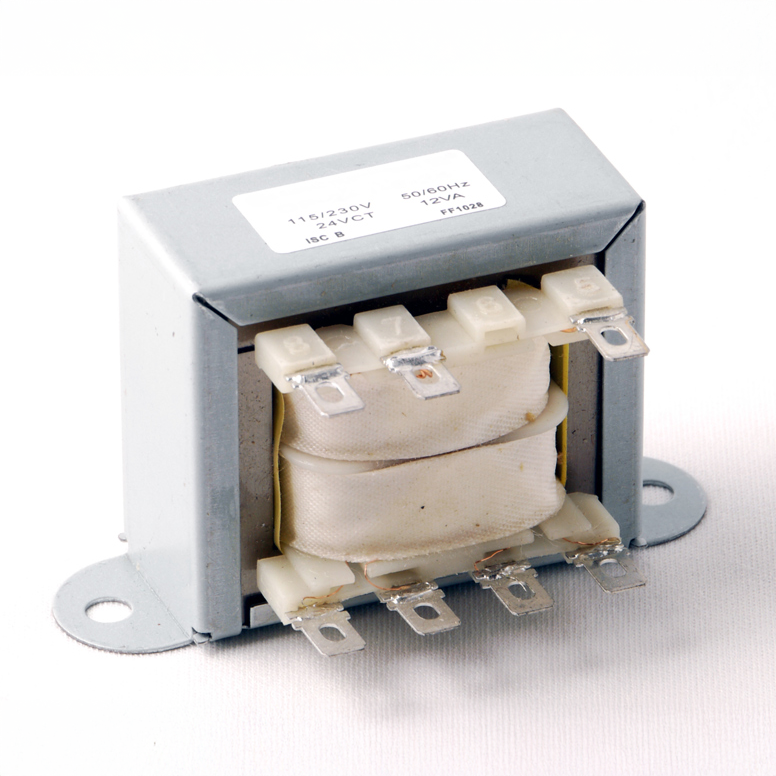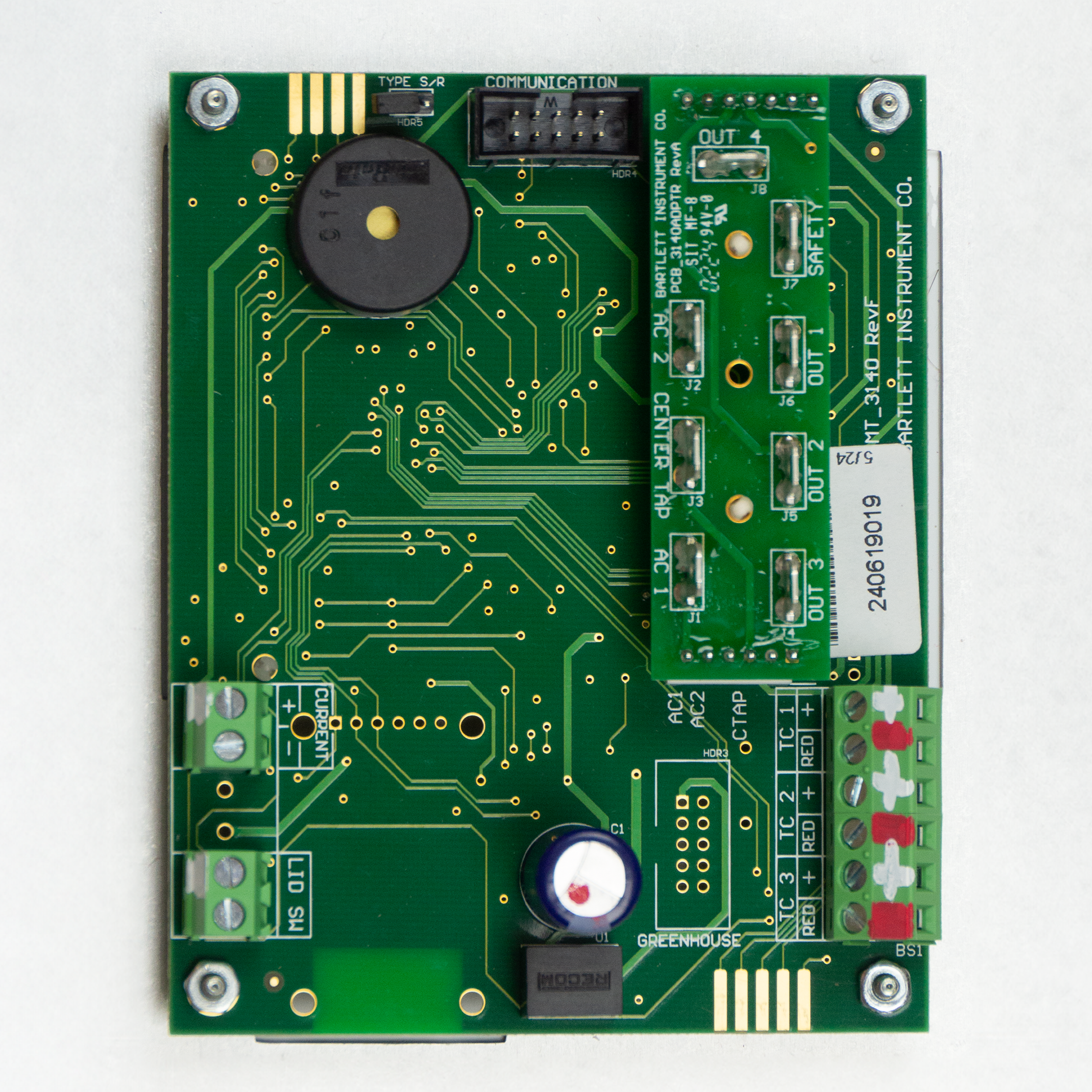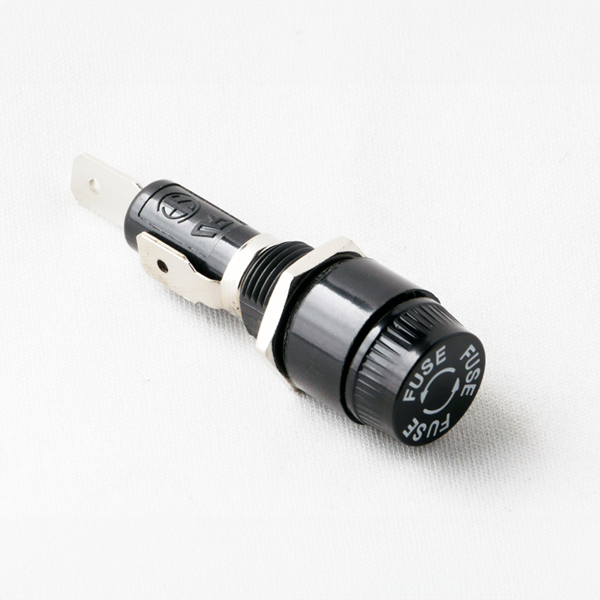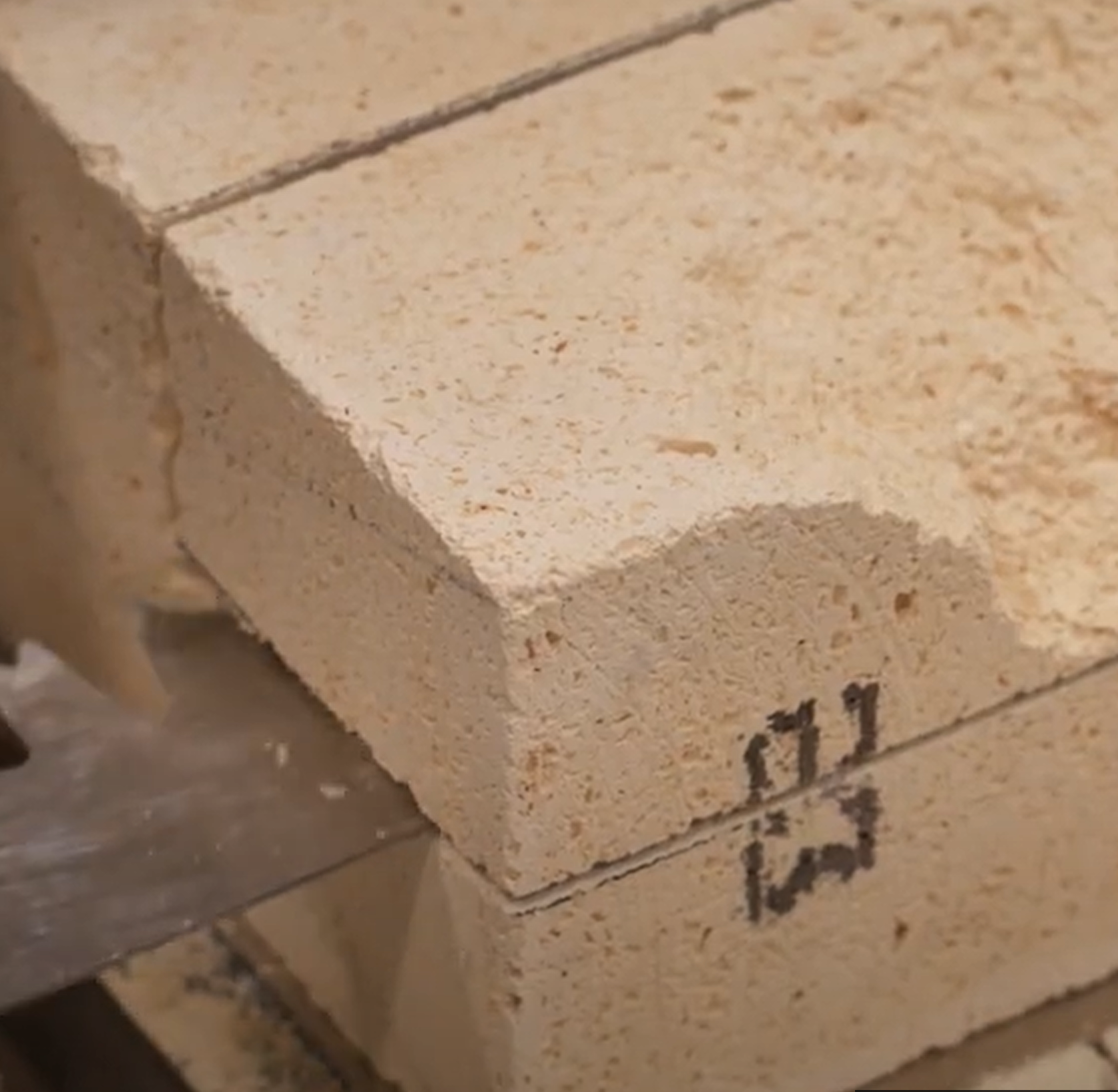HOW TO MAINTAIN YOUR KILN
REV: 2/1/2025
See https://www.youtube.com/video/dyqa_9RRvgo?si=YaevTy1ieZWDPhJT
Regular Kiln Maintenance
After Each Firing:
- Turn off the kiln at the circuit breaker or fused disconnect switch.
- Check and clean element holders and walls for glaze or clay chips. Use a vacuum and gentle tools as needed.
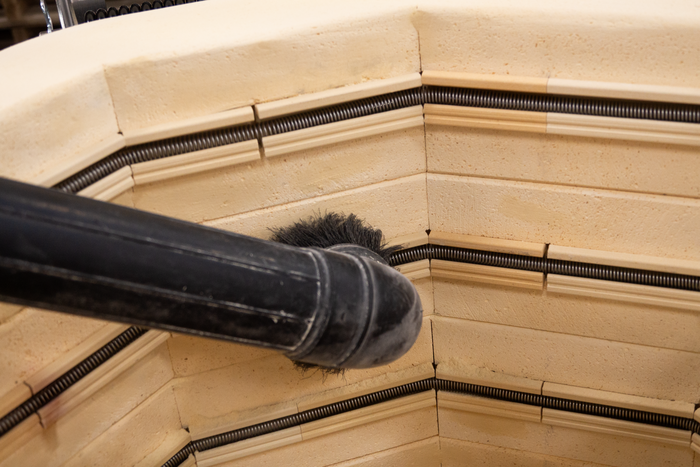
- Ensure the vacuum is grounded to avoid static discharge.
- Apply kiln wash to shelf tops, avoiding sides and undersides.
- Keep a kiln log of firings for tracking performance.
- You can also download the last 10 logs of your firing in a Genesis control.
After 20 Firings:
- Check temperatures of the main power cord and kiln breaker during operation.
- Inspect the plug for signs of wear or damage.
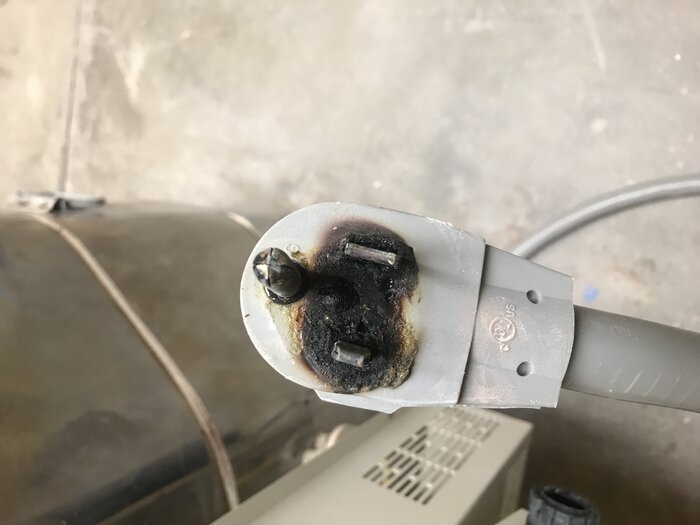
- Check element resistance.
- Check tightness of case and retighten if necessary. (the case will expand and contract during each firing and may eventually become loose. Brick also shrinks slightly with use - especially if used at the higher temperatures like cone 10).
- Repair any firebrick problems.
After 50 Firings or Annually:
- Inspect wires for deterioration and terminals for oxidation. Replace any that seem brittle or where the wire insulation has deteriorated or fallen off.
- Tighten power connection terminals. If you are near salt air or if you notice corrosion on the stainless exterior of the kiln for whatever reason then do this far more frequently.
Check Calibration:
- Use witness cones to check general accuracy.
- Replace thermocouples when needed.
- Type K thermocouples will drift in reading over time. Replace thermocouples once they are no longer reasonably accurate. (Note: Type K thermocouples last about the same as kiln elements so it is recommended to change thermocouples when you change elements.)
- If you have Type S thermocouples, they will not drift. Once the kiln is calibrated it should remain steady.
- See this for more complete step-by-step instructions on how to calibrate your kiln.
Cautions:
- Be aware of silica dust in kiln wash and clay.
- Exercise proper caution when mixing the dry powder and when removing it from your shelves.
- Use safety glasses when chipping glaze.
- Use a NIOSH approved particulate respirator for dust and use proper ventilation. You can buy these from safety supply houses. (NIOSH_approval #TC-21C-132 is an example).



